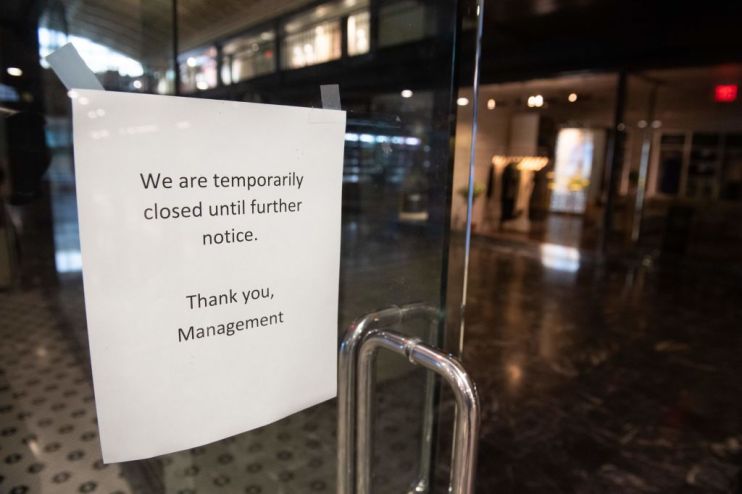
GBP / EUR update

As everywhere across the world, everything in the UK has been accelerating at pace and the pound has paid the price.
Whilst not always at the bottom of the pile, sterling has been struggling and hit a 35-year low against the US dollar. Measures to address all aspects of the crisis were well-received by investors as the chancellor rolled out an expanded programme of support for businesses including cash grants, the removal of business rates and more government-backed loans. As the week progressed and further measures were announced, including the planned closure of schools at the end of the week for all but children of key workers, the pound was less able to hold its ground.
The employment statistics were ignored despite basic wages increasing more quickly than prices at 3.1% a year; the fact that unemployment ticked up to 3.9% and the overall outlook meant that it barely registered with investors. Towards the end of the week, the Bank of England cut rates to 0.1% and announced a GBP 200bn programme of quantitative easing but these measures seemed to do little to ease the crisis that faces sterling. The spectre of Brexit remains and the prospect of a no-deal departure looms on the horizon. These are set to be testing weeks for sterling and as much will depend on the effectiveness of measures to spread the stem of the virus as business performance.
The euro started the week relatively well as investors considered it might be a safe haven, but retreated as the days passed. EU finance ministers pledged to take action, but the meeting did not yield any concrete steps and the market is already weary of empty promises. One option would be to make use of the European Stability Mechanism’s €410 billion firefighting fund but to do so in a major way would require ratification by national parliaments. While most economic statistics are being ignored during the crisis, the market did take notice of the dramatic drop of economic sentiment in Germany and across Europe to -49.5, the lowest level in eight years and the euro made further losses against the US dollar. The European Central Bank announced another €750 billion of asset purchases – the “Pandemic Emergency Purchase Programme” may counter some of the concerns that the ECB was failing to take action but as with all fiscal and economic measures at the moment, the spread of the virus is the number one priority for all and the currency’s fate lies in whether the current travel bans, shutdowns and social distancing measures have the desired effect.
Sign up for a free account
